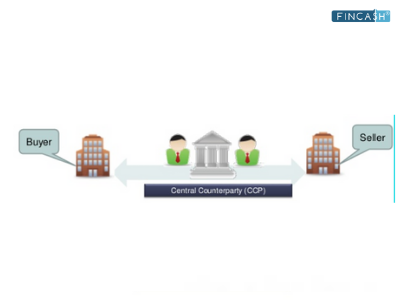
What is Clearing House?
A clearing house is an intermediary responsible for facilitating the financial transactions between two parties. The main purpose of the clearing house is to make sure that the vendor sells the securities or other goods to the receiver and the buyer is capable of paying for the goods they purchase from the seller.

People who are involved in any kind of financial transaction need to ensure that the transaction is safe and protected. The buyer has to ensure about the goods and services as promised, while the seller needs to make the payment on the due date. The clearing house in India helps both parties by verifying their financial condition and the intention of engaging in the transaction. The main goal of a clearing house is to facilitate the financial transaction in the smoothest possible way.
Types of Clearing House
The clearing house might be different for different industries, but their role is the same. For instance, for banks it is responsible for processing and verifying check-related payments, clearing house for stock markets Handle securities exchange.
Talk to our investment specialist
Clearing House Example
Suppose a company sells 1000 shares to a buyer. It is the responsibility of the clearing house to ensure that the shares are sold to the buyer in full and the seller is paid for the transaction. This implies that the house helps complete the transaction for both parties and ensures that everything takes place as desired. Not only is the clearing house responsible for facilitating the tradable goods, but they also handle futures contracts.
Functions of Clearing House
It acts as the intermediary between two parties. But, here’s more a clearing house offers:
- It checks whether or not both parties are financially capable of signing a deal. Also ensures that transaction takes place smoothly and each party gets what they were promised.
- It ensure that each party abides by the rules outlined in the contract and that everyone respects the system.
- Checks the quality and quantity of the goods to avoid any future disputes between the buyer and seller.
There are many advantages of clearing house. For one, it helps you confirm that each transaction will end well. In other words, they guarantee that the buyer and seller will fulfill their individual responsibilities as specified in the contract. It also verifies each transaction and ensures that every financial transaction is executed as planned.
All efforts have been made to ensure the information provided here is accurate. However, no guarantees are made regarding correctness of data. Please verify with scheme information document before making any investment.












